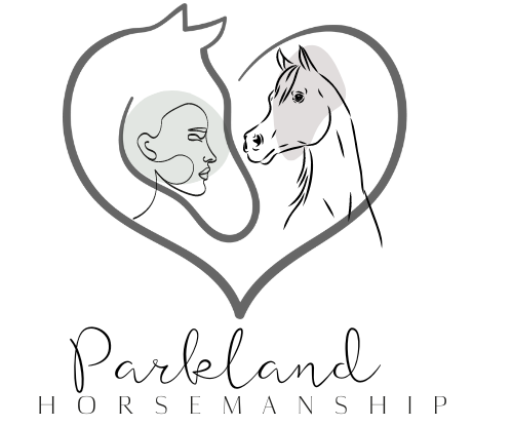Equine Therapy has become an increasingly popular treatment method for mental health and addiction issues, proven to boost self-esteem, confidence and social skills.
Horses are prey animals, making them highly sensitive to changes in their surroundings and capable of picking up on emotional shifts quickly and reliably. Their herd-like behavior and trusting relationships also make them ideal partners in therapeutic sessions.
1. Increased Self-Esteem
Participants develop not only horse care skills, but also social ones to foster healthier interpersonal relationships. For instance, horses mirroring back nonverbal and verbal cues from clients can help them become more self-aware, which allows them to better comprehend their feelings and behaviors in a safe and nonjudgmental environment.
As prey animals, horses are attuned to their environment and sensitive to people’s emotions. Furthermore, horses respond instantly to client behavior and movements, providing instantaneous feedback about how well they interact with others.
horses are unique in that they’re nonjudgmental; unlike some humans, who might hold past mistakes against an individual. Horses don’t judge clients’ struggles based on their history, which can help those struggling with PTSD and depression learn to accept themselves for who they are today while staying focused on living a fulfilling life in the present – something many humans struggle with while working toward recovery from social skills deficits.
2. Increased Self-Confidence
Horses possess a special talent of reflecting human emotions and behaviors in an objective, nonjudgmental way, making them an effective means of improving communication and trust with others. Engaging in therapy with horses often helps those who struggle to trust others build it safely; caring for horses also teaches invaluable life skills that can enhance daily interactions with people.
Working with horses demands intense concentration and focus. Doing so helps hone one’s awareness to the present moment rather than getting caught up in thinking too far ahead.
Mindfulness – the practice of mindful observation without judgment of our thoughts, feelings and physical sensations – can be especially helpful to people suffering from anxiety. Engaging in this form of self-awareness helps break unhelpful patterns like rumination and decrease levels of the stress hormone cortisol.
3. Increased Self-Regulation
Horses are herd animals, making them highly sensitive to both the behavior and emotions of both horses and people alike, making them perfect for this type of therapy. Furthermore, prey animals such as horses are attuned to their environment so as to respond quickly to nonverbal cues from clients that show anxiety or stress – both attributes make horses perfect companions in this endeavor.
Interacting with horses requires full focus, which promotes mindfulness – an invaluable skill for people dealing with mental health conditions. Furthermore, outdoor settings and rhythmic activities such as leading, grooming and feeding help patients learn how to interact more judiciously with their environment.
Stepping outside one’s comfort zone through equine therapy provides an opportunity for practicing vulnerability in a safe, nonjudgmental setting, teaching individuals that it’s okay to share their true feelings in future relationships – including with therapists.
4. Reduced Stress
Interacting with horses is a form of therapy in which they serve as an “emotional mirror.” Horses, being prey animals that need to remain hyper-vigilant for predators, naturally attune themselves with their environment and our nonverbal signals; licensed therapists offering equine-assisted psychotherapy will encourage clients to practice emotional regulation and mindfulness through grooming, feeding, walking or playing with horses.
Horses are gentle creatures who provide an alternative approach for individuals who have difficulty communicating their emotions in traditional talk therapy settings. As such, horses make an ideal option for individuals looking for support when trying to express themselves verbally.
Equine-assisted therapy also offers clients a safe environment to overcome fears and expand their comfort zones in an enjoyable setting, providing a sense of accomplishment while building confidence for people living with anxiety disorders. An enjoyable new setting may provide relief while simultaneously teaching communication and emotion regulation skills to foster healthier daily interactions.

